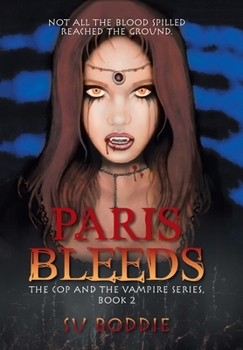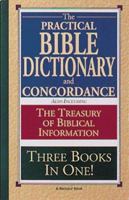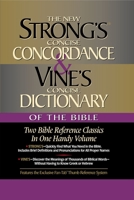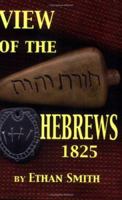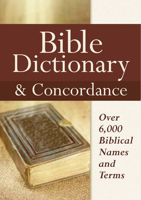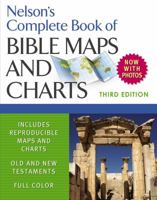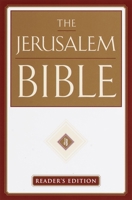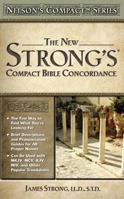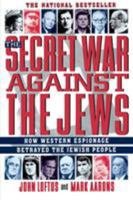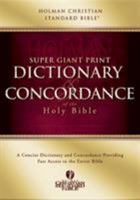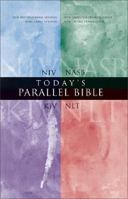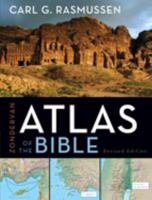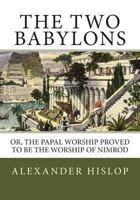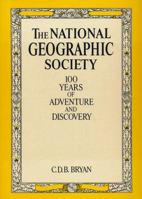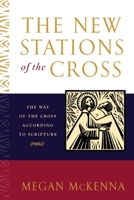Paris Bleeds: The Cop and the Vampire Series, Book 2
Select Format
Select Condition 
You Might Also Enjoy
Book Overview
Revolution is in the air in 1787 France. Death comes in many forms, and the list includes famine, disease, and war. Leila Ducharm? is a nineteen-year-old seamstress in the best dress shop in all of Paris. Though her family is wealthy, she works to stay connected to the masses. Leila walks among the trampled working class, giving out money and food to help wherever she can. Leila awaits the arrival of her childhood friend, Damien Bourbon, who is returning from college for the Christmas holidays. The reunion doesn't go quite the way she hoped. Damien has changed, and she is not sure how-but she does know there is no defense against Damien's charismatic charm. While Leila strives to feed the masses, Damien feeds on them. He is a vampire, and he wants Leila to join him. What is a young lady to do when her forbidden sweetheart returns from college with a deadly hunger for her?
Format:Hardcover
Language:English
ISBN:1663236666
ISBN13:9781663236661
Release Date:April 2022
Publisher:iUniverse
Length:316 Pages
Weight:1.36 lbs.
Dimensions:0.9" x 6.0" x 9.0"
Related Subjects
20th Century African Americans African-American & Black African-American Studies Biographies Ethnic & National Historical History Literature & Fiction Memoirs Minority Studies Modern (16th-21st Centuries) Politics & Social Sciences Race Relations Regional U.S. Social Science Social Sciences South Specific Demographics Specific Groups State & Local WomenCustomer Reviews
12 customer ratings | 7 reviews
There are currently no reviews. Be the first to review this work.











